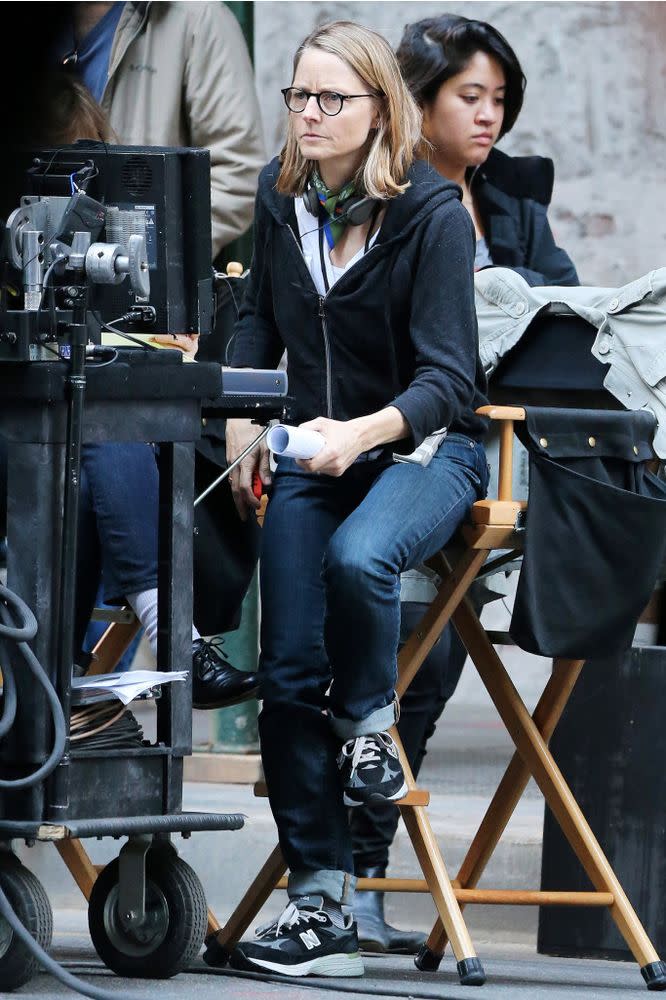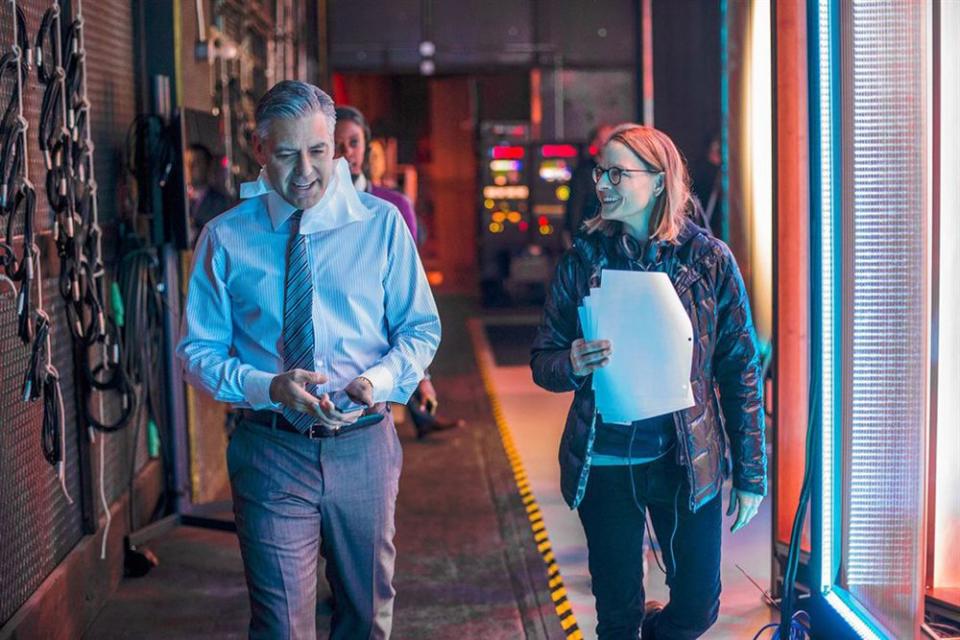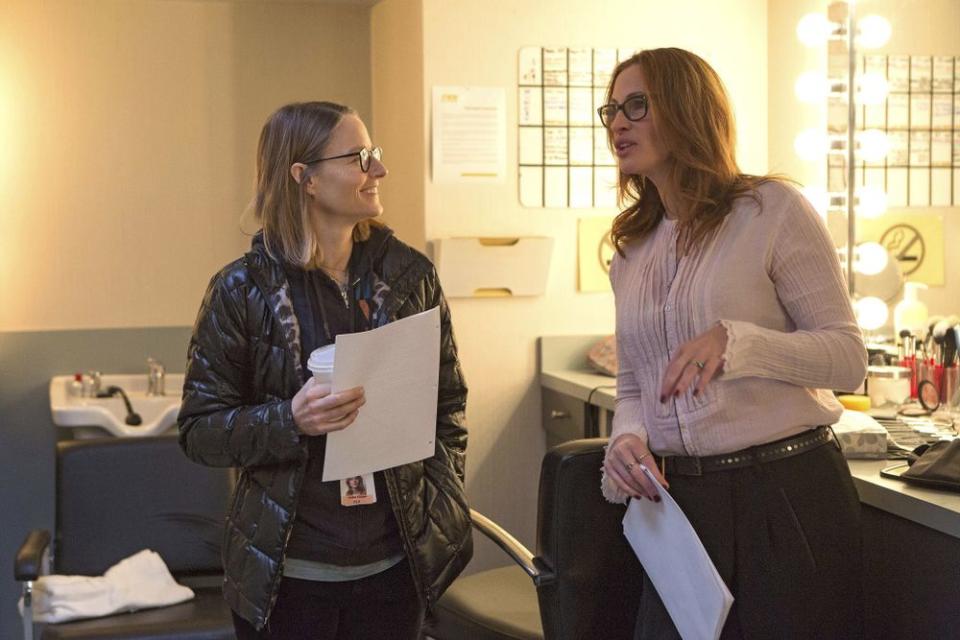Jodie Foster on the 'Real Test' Women Directors Face and the Lessons She Wants to Teach Them

Jodie Foster has had an unconventional career in Hollywood, going from child actress to accomplished director over the course of several decades — all of which make her an inspiration to aspiring filmmakers.
Luckily for those up-and-coming directors, Foster, 56, is imparting her wisdom on future generations with the help of MasterClass, the online education company that enables anyone to learn from the best the world has to offer.
MasterClass has proven popular among those interested in learning from their favorite idols, including Grey’s Anatomy creator Shonda Rhimes, Gordon Ramsey, Martin Scorsese, Christina Aguilera and Serena Williams.

“I was blown away by the Martin Scorsese one,” Foster tells PEOPLE ahead of her own talk’s launch. “You realize so much of what you have to give is the experience of having done something for so many years. I think that’s my major contribution – I have spent so many decades doing the same thing. It would be wonderful to be able to give whatever the breadth of that knowledge is to people who are just starting. That’s what my MasterClass is really about: getting people off the couch and finding the courage to just do it.”
RELATED: Ava DuVernay: The Lack of Directors Who Are Women and People of Color Is ‘Intentional’
Foster made her directorial debut in 1991 with the family drama Little Man Tate, in which she also starred in. She’s since gone to helm three more features — Home for the Holidays (1995) The Beaver (2011) and Money Monster (2016) — as well as episodes of House of Cards, Black Mirror and Orange Is the New Black.
The two-time Oscar winner reveals that her lesson “deals with being an actor and director at the same time.”
“A lot of young filmmakers, when they’re making their own movies on a shoestring budget, they’ll be acting and directing and producing, and making all sorts of technical decisions at the same time – and it’s something they haven’t done before,” she adds. “Hopefully I can contribute to that.”

Foster admits that she was graced with a lot of advantages when embarking on her career as a director in her twenties. Before going behind the camera to make Little Man Tate, she had already won two Oscars for her performances in the The Accused (1988) and The Silence of the Lambs (1991), plus had worked with influential directors like Scorsese.
“I’ve been really blessed,” she says. “I started out in the movie business when I was three years old. By the time I was 25, I had worked with a lot of people and people knew who I was. The kind of obstacles that other people might have had, especially a young female director who didn’t go to film school, I didn’t have at all. People knew me. They knew that when I said I would be there at 8 in the morning, I would be there at 8 in the morning. There was a trust that went into them hiring a first-time director. They weren’t hiring a stranger – they were hiring their prodigal daughter in a way. That was a real advantage. In some ways it’s what allowed me to be a young female filmmaker at a time when there were very few female directors in mainstream filmmaking.”
RELATED: From Gal Gadot to Real Life Wonder Women: Meet PEOPLE’s 25 Women Changing the World

Filmmakers like Ava DuVernay (A Wrinkle in Time) and Patty Jenkins (Wonder Woman) have changed the game in recent years, ushering in a new wave of blockbuster women directors. Despite their major successes, a recent study by the annual Celluloid Ceiling from San Diego State University found that women comprised just 8 percent of directors working on the top 250 Hollywood hits of 2018 — a decrease from the 11 percent they made up in 2017.
As Foster warns, “It’s great that Wonder Woman made that kind of money. Let’s hope another woman will be allowed to fail on a big budget movie and that other women will be given a chance after that. That’s the real test.”
Foster’s MasterClass launches Thursday. For more information click here.
